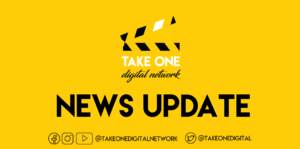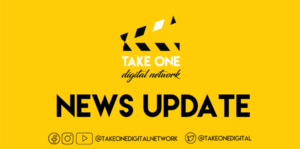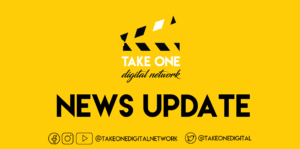CM Omar Abdullah chairs pre-budget consultation meetings with various stakeholders
Discusses Pulwama & Reasi budget plans with public representatives

JAMMU, FEBRUARY 7: Continuing with the pre-budget consultations for the third consecutive day, Chief Minister Omar Abdullah engaged in extensive discussions with public representatives and key stakeholders to gain firsthand insights into the issues and developmental priorities of various sectors and districts.
The meeting was attended by Chief Secretary Atal Dulloo, Additional Chief Secretary Education Shantmanu, Additional Chief Secretary to CM Dheeraj Gupta, Administrative Secretaries of Finance, Social Welfare, Tourism, Industry & Commerce, Youth Services & Sports, Deputy Commissioners of Pulwama and Reasi districts, and heads of various departments, both in person and virtually.
Public representatives, including District Development Council (DDC) Chairpersons and Members of Legislative Assembly (MLAs) from Pulwama and Reasi districts, raised concerns regarding electricity supply, drinking water schemes, flood management, staffing of schools and hospitals, upgradation of primary health centers, construction of bridges, and the development of new tourist destinations, parks, and parking facilities.
Addressing the participants, Chief Minister Omar Abdullah emphasized that these consultations were essential for shaping a budget that truly reflects the aspirations of the people. He acknowledged the pivotal role of public representatives in understanding grassroots-level challenges and assured them that their concerns would be duly considered.
The Chief Minister stated that this budget held special significance as it was the first time in many years that Jammu & Kashmir was preparing its own budget in consultation with public representatives. He stressed that these consultations were an effort to ensure inclusivity in the budgeting process.
“In the past, it was not possible for the Finance Minister of the country to meet with you all and discuss Jammu & Kashmir’s specific needs. But after the elections and the formation of our government, we now have the authority to draft our own budget, making these interactions even more crucial,” he said.
The Chief Minister noted that over 33 interventions had been made during the session, reflecting the wide range of developmental issues requiring attention. He assured the participants that while it was not possible to address each demand immediately, “nothing that has been said here will be ignored” and that all concerns would be carefully examined during budget formulation.
Touching upon economic growth and industrial development, he stressed the need to support manufacturing, trade, and tourism. He noted the expansion of the railway network, highlighting how connectivity had gradually improved from Pathankot to Jammu, then to Udhampur and Katra, with plans for the train to reach Srinagar this year. However, he said that apprehensions over Jammu’s economy must be addressed from the adverse effects of shifting trade patterns, ensuring that the region continues to thrive as a commercial hub.
On tourism, the Chief Minister emphasized that Jammu had immense potential, particularly in religious and pilgrimage tourism. He said, “If marketed and promoted effectively, Jammu province can become India’s top destination for religious tourism.” He noted that while most visitors come for Mata Vaishno Devi’s pilgrimage, efforts must be made to showcase Jammu’s other sacred sites, encouraging pilgrims to extend their stay and explore the region’s cultural heritage.
He also stressed the importance of sports tourism, stating that discussions were underway for organizing a major sports event in Jammu, similar to the successful Srinagar Marathon. Plans were also in place for the expansion of Jammu Airport, addressing infrastructural challenges to improve connectivity.
The Chief Minister also expressed his support for private education, stating that Jammu & Kashmir should explore legislative frameworks to encourage the establishment of private universities, providing more opportunities for quality higher education.
Concluding his address, he thanked all participants for their valuable inputs, assuring them that their concerns and suggestions would be incorporated into the government’s policies and development agenda. “We will try to ensure that your ideas are reflected in our policies and programs. Your time and efforts in this consultation process are truly appreciated,” he said.
In a separate pre-budget consultation session, Chief Minister Omar Abdullah met with representatives from various sectors, including industry & trade, tourism, hotel & hospitality, education, social welfare, tribal affairs, youth affairs, and agriculture.
During the session, stakeholders from various sectors, including industry & trade, tourism, hotel & hospitality, education, social welfare, tribal affairs, youth affairs, and agriculture, put forth several key demands. They emphasized the need for developing Jammu as a religious and pilgrimage tourism hub, expanding private education opportunities, enhancing sports infrastructure, and strengthening support for tribal communities. Additionally, discussions were held on boosting tourism, improving trade policies, and fostering industrial growth to drive economic development in the region.
During his interaction, Chief Minister Omar Abdullah reaffirmed his commitment to ensuring that the upcoming J&K Budget reflects the aspirations of the people, incorporating their demands into the government’s development agenda.





